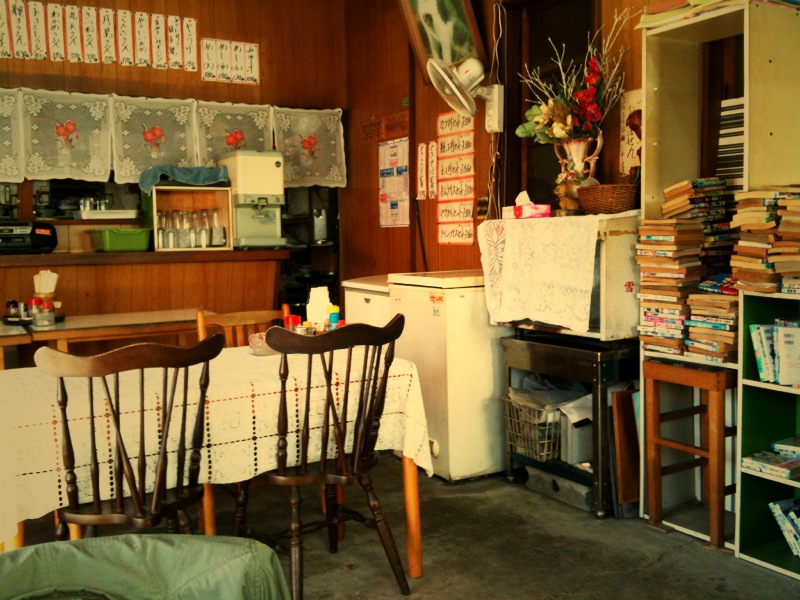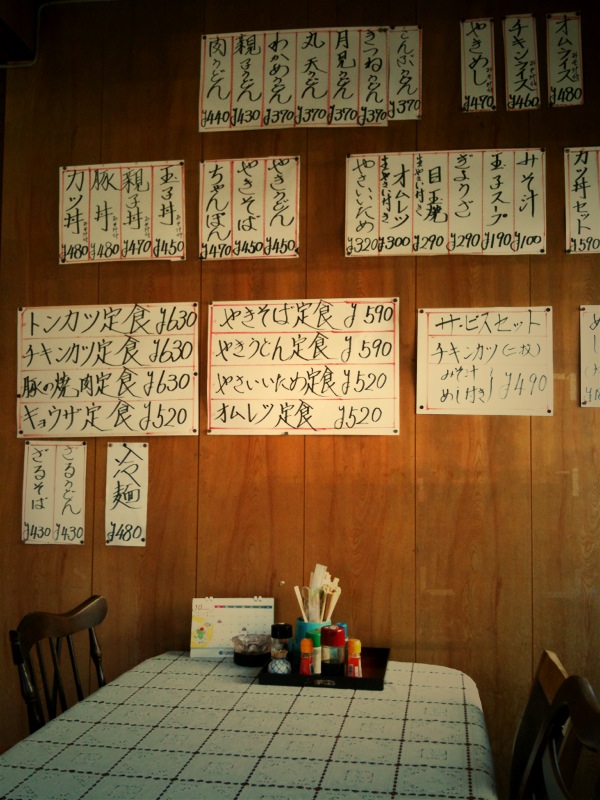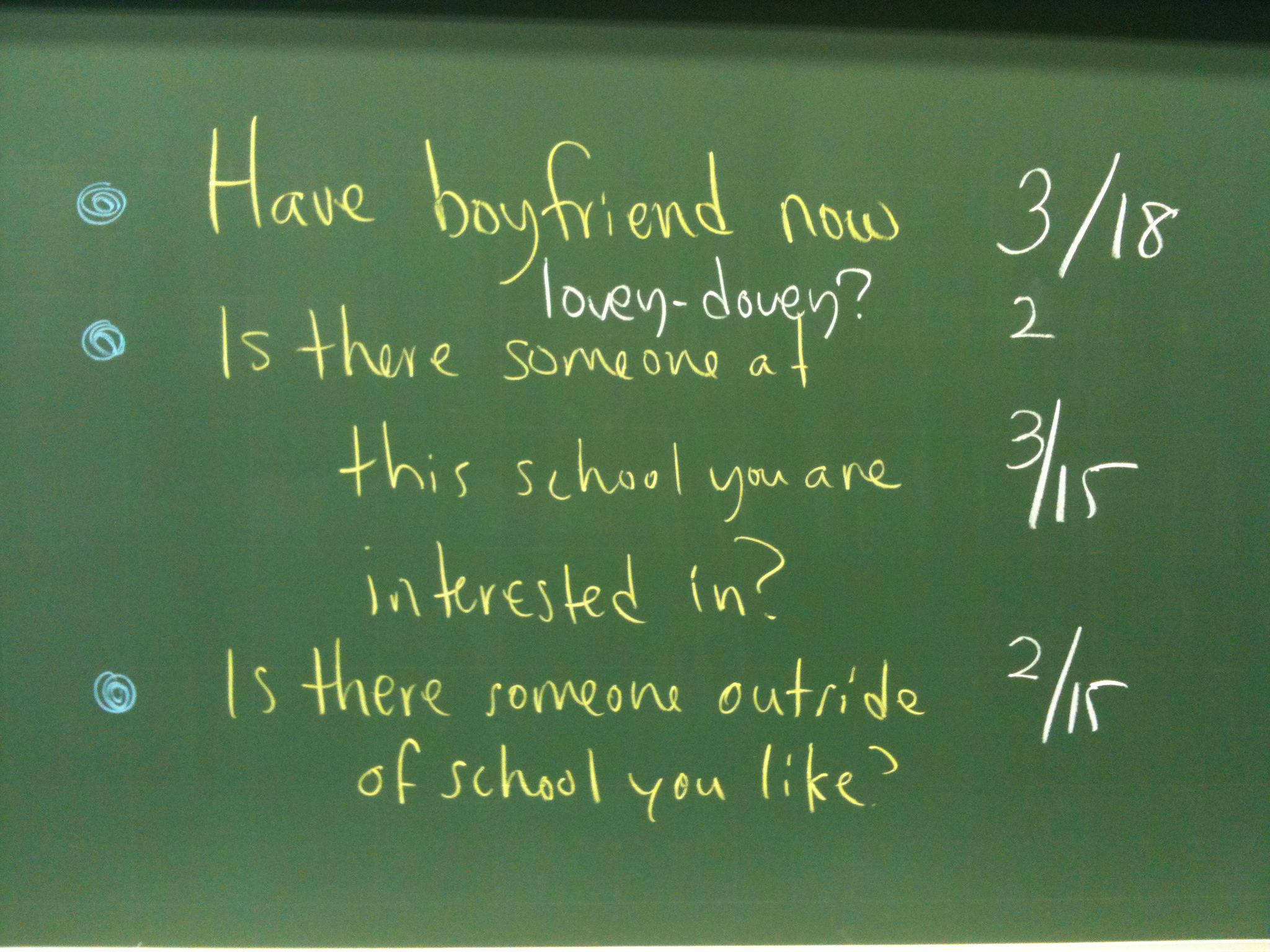 When I first came to Japan I taught at a small privately run English School which only by the grace of God remains in business to this day.
When I first came to Japan I taught at a small privately run English School which only by the grace of God remains in business to this day.
I taught five to six lessons a day, five days a week, back then and earned about ¥250,000—the minimum wage for that kind of work—minus ¥40,000-plus for rent and utilities.[1] In addition to being my employer, the feckless Mr. “Bakayama” (a nickname I coined for the man meaning “Foolish Mountain”; his real name was Nakayama) was also my landlord, like a two-bit Milton Hersey. As I was F.O.B., fresh-off-the-boat, I didn’t have to pay any income or residence taxes.
Located in a sleepy corner of Kitakyūshū City, the neighborhood where I worked had a few restaurants and diners that were alright. There was one place that did a pretty good kara’age karii (curry and rice with fried chicken). My two co-workers “Blad” (Bradley) and “Hoka” (Geoffrey) and I would have lunch there after our “teachers meeting” every Wednesday and bitch about Bakayama.
Lots of good memories. Blad and Hoka would return to the States the following spring and when my contract was up I moved on to Fukuoka.
I took a job at another small English school called Bell American School. Not a bad operation and a huge improvement over Bakayama’s Little School That Barely Could. Unfortunately, I was the token gaijin (foreigner) at Bell in an office staffed with psychopathic women. (For more on this, go here.)
I worked six days a week at the new school, but only had two to three classes a day. I also made a bit more, and with all the free time I was able to take on private lessons to supplement my income.[2]
 There were not only more restaurants near my new workplace, but they were much better than those in Kitakyūshū. What’s more, the affluent women I was now teaching were something of gourmands and delighted in taking me to new restaurants.
There were not only more restaurants near my new workplace, but they were much better than those in Kitakyūshū. What’s more, the affluent women I was now teaching were something of gourmands and delighted in taking me to new restaurants.
I was at Bell for about four years before striking out on my own. Life continued to improve: more money, more freedom, better restaurants. I was now living in Daimyō, an area of Fukuoka City which is said to have more restaurants and bars (and hair salons) per square kilometer than anywhere else in Japan. The money and eats were very, very good.
Before the Internet became as widely used as it is today, people would call me up to ask what restaurant I recommended, or where such-and-such bar was located. Thanks to smartphones I rarely have to perform this service now. It’s just as well because I seldom go out anymore what with my being the father of a young child (who happens to be in my lap fiddling with the keys as I try to write this).
Since last spring I have been teaching full-time at a private women’s college.
The conditions at the college are very good. I teach a mere two to three one-hour classes a day, four days a week, and get paid considerably more for the “work” than I did as part-time instructor with a heavier class load. (Odd, the way that works.) Where I was once a grunt in the Eikaiwa trenches nearly two decades ago I am now a low-ranking commissioned officer of sorts.
The only drawback of the change in employment, as I have mentioned before, is the fact that the college is located in the heart of a culinary desert. The only eatery that is within a reasonable walking distance is the Hifumi Shokudō (一二三食堂, lit. One, Two, Three Diner), a miserable little place that doesn’t appear to have changed a thing since it opened sometime in the late Shōwa Period (early 80s?).
Every thing about the place is odd.
For one, the servings at Hifumi are huge, the kind of servings growing boys fortify themselves with. Trouble is, there isn’t a boy to be seen anywhere near the diner. Come to think of it, in the dozen times I have been to Hifumi, I have yet to see any other customers. Makes you wonder how they have been able to stay in business all this time.
What's more, most of the time when I pop into Hifumi, I find the place abandoned. Sometimes I can hear the distant sound of a television coming from another room. (Hifumi, like so many of these diners from olden days, is on the first floor of proprietor's home.) I often have to manufacture some racket—move the table about so that it grates against the concrete floor, or throw the sliding door open with a crash—before the goblins working in the Hifumi kitchen stir to life.
 The only item on the menu that I can safely recommend is the “Service Set” (☆☆☆) which includes two chicken cutlets, salad, rice, and soup for the low, low price of ¥450 ($4.50). With such rock-bottom prices, it’s no wonder Hifumi can’t afford to remodel.
The only item on the menu that I can safely recommend is the “Service Set” (☆☆☆) which includes two chicken cutlets, salad, rice, and soup for the low, low price of ¥450 ($4.50). With such rock-bottom prices, it’s no wonder Hifumi can’t afford to remodel.
Part of me wants to advise them on how they might bring in some of the four-thousand-odd girls attending the local school, but then Hifumi has managed to survive the two Lost Decades since the end of the Shôwa Period. Perhaps, they know what their doing.

The Hifumi Fried Rice. ☆
 The Hifumi Omuraisu. Looks as if it's been stabbed. ☆☆
The Hifumi Omuraisu. Looks as if it's been stabbed. ☆☆
 The Hifumi Chicken Rice ☆☆
The Hifumi Chicken Rice ☆☆
[1] The exchange rate at the time was about ¥130 to the dollar, so I made roughly $1,900 a month.
[2] With my salary and moonlighting, I was earning about ¥350,000 per month. The yen would rise as high as ¥80 to the dollar in a year’s time, meaning in dollar terms I was making over four grand a month. I was working half as much, yet making double.
 Tuesday, August 14, 2012 at 3:07PM
Tuesday, August 14, 2012 at 3:07PM










